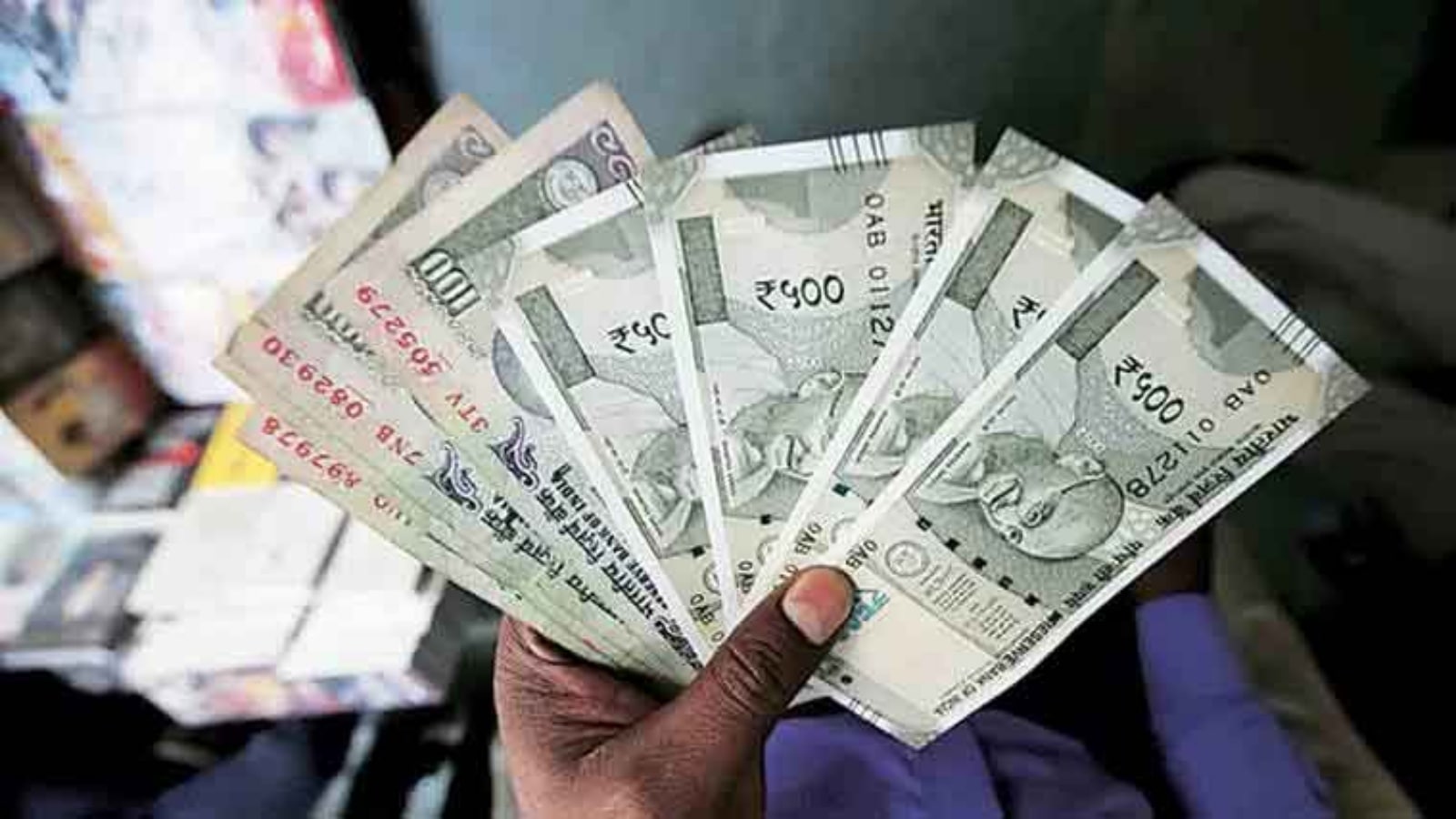 |
|
The Indian government, under the leadership of Prime Minister Narendra Modi, has announced its intention to establish the 8th Pay Commission in 2026. This decision, revealed following a cabinet meeting chaired by the Prime Minister, marks a significant development for millions of government employees across the nation. The current 7th Pay Commission, implemented in January 2016, is scheduled to conclude its term on December 31st, 2025. This timeline highlights the government's proactive approach in ensuring a smooth transition and avoiding any potential disruptions in salary and benefits for public sector workers. The announcement of the 8th Pay Commission a year prior to the expiration of the 7th Commission allows for ample time for the selection of the commission's members, the formulation of its terms of reference, and the comprehensive review of salary structures and benefits packages for government employees.
The formation of the Pay Commission is a complex process involving various stages. Initially, the government will appoint a chairperson and two members to the commission. These individuals will be selected based on their expertise in economics, finance, public administration, and related fields. Their roles will be critical in conducting extensive research and consultations with various stakeholders to determine appropriate salary revisions and benefits for government employees. This process usually involves analyzing various economic indicators, including inflation rates, cost of living adjustments, and comparative salary scales in the private sector. Furthermore, the commission will consider the evolving needs and demands of the workforce, ensuring that the compensation structure remains competitive and attractive to talented individuals considering careers in public service. The consultations will likely include representatives from employee unions and other relevant government agencies.
The implications of the 8th Pay Commission are far-reaching. The revised salary and benefits structure will significantly impact the financial well-being of millions of government employees and pensioners. A potential increase in salaries will not only improve their living standards but also have ripple effects across the economy, influencing consumer spending and overall economic growth. On the other hand, the government will need to carefully manage the financial implications of the increased expenditure. This requires meticulous budgetary planning and the allocation of resources to ensure that the increased salary costs do not jeopardize other essential government programs and initiatives. The implementation of the recommendations from the 8th Pay Commission will, undoubtedly, be a subject of intense public scrutiny and debate, with various stakeholders holding differing viewpoints on the fairness and feasibility of the proposed changes. The government's ability to navigate this complex landscape and ensure a balanced and sustainable outcome will be a critical factor in determining the success of this initiative.
Historically, Pay Commissions have played a crucial role in shaping the compensation structure for government employees in India. These commissions are typically established after a significant period, enabling them to thoroughly assess the changing economic conditions and the evolving needs of the workforce. The recommendations made by previous Pay Commissions have consistently influenced the salaries, allowances, pensions, and other benefits received by government employees, profoundly impacting their livelihoods and the overall financial landscape of the public sector. The upcoming 8th Pay Commission is therefore not merely an administrative exercise, but a significant undertaking that carries substantial implications for both the employees and the government's finances. Its decisions will set the stage for the compensation structure of government employees for years to come, influencing their morale, productivity, and the overall effectiveness of the public sector in providing services to the citizens of India.
The announcement of the 8th Pay Commission also highlights the Indian government's commitment to addressing the welfare and compensation of its employees. By proactively planning for the successor commission, the government demonstrates its commitment to ensuring a fair and timely adjustment of salary scales. This proactive approach reduces uncertainty and provides a sense of security to government employees, who are vital components of the country's administrative and service delivery systems. The transparent and accountable manner in which the commission's work is conducted will be crucial in fostering trust and maintaining a harmonious relationship between the government and its employees. The anticipation surrounding the 8th Pay Commission’s recommendations will undoubtedly be high, with employees keenly awaiting improvements in their compensation and working conditions.
Source: Centre announces implementation of 8th Pay Commission for govt staffers in 2026
